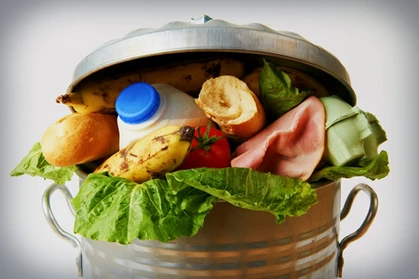In our latest edition, we spotlight a remarkable initiative unfolding in the heart of Thailand. Spearheaded by the Food and Agriculture Organization (FAO) and the Government of Japan, this project is revolutionizing the way micro, small, and medium-sized enterprises (MSMEs) approach food loss and waste. Join us as we delve into this inspiring story of environmental stewardship and economic empowerment, where Thailand is leading the charge in creating a sustainable future for food processing.

The Challenge of Food Waste: We begin by exploring the global issue of food loss and waste, a problem that affects us all, from the bustling markets of Bangkok to our very own kitchens. This section highlights the urgency of addressing this issue and sets the stage for Thailand’s innovative response.
A Collaborative Effort for Change: Here, we introduce the collaborative project between FAO, the Government of Japan, and Thailand’s Ministry of Agriculture. We detail the project’s scope, covering the research and data collection across 195 MSMEs in 66 Thai provinces, emphasizing the importance of local and international cooperation in tackling global issues.
Training for Transformation: Dive into the heart of the initiative – the hands-on training provided to MSMEs. This part of the article illustrates how practical training and simple equipment can lead to significant reductions in food loss, showcasing real-world examples of improved practices and enhanced livelihoods.
Economic and Environmental Benefits: Discover the tangible benefits of this project. We focus on the 17% income improvement for businesses, the reduction in food loss, and the production of higher-quality, longer-lasting products. This section also explores the broader implications, such as reduced greenhouse gas emissions and improved local food availability.
A Model for the Future: Conclude with a look at Thailand’s draft national strategy for reducing food loss and waste. This strategy is a blueprint for other countries, illustrating how targeted interventions can lead to sustainable change in the food processing sector.
Conclusion:
This journey through Thailand’s proactive approach to food waste reduction not only highlights the successful collaboration between nations and organizations but also serves as a beacon of hope and a model for sustainable practices worldwide. It reminds us that every effort, big or small, can contribute to a better environment and a more prosperous society.






Comments